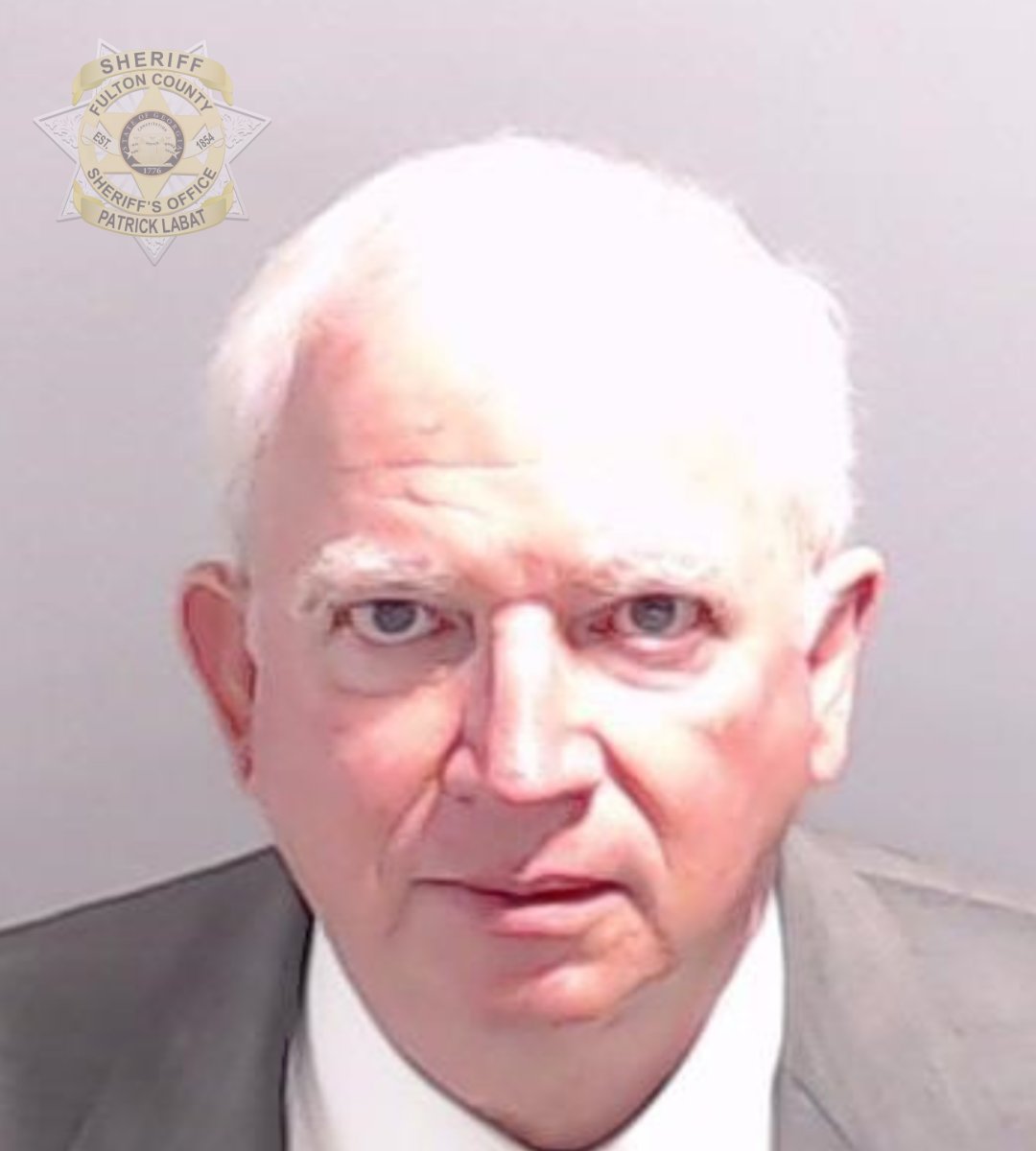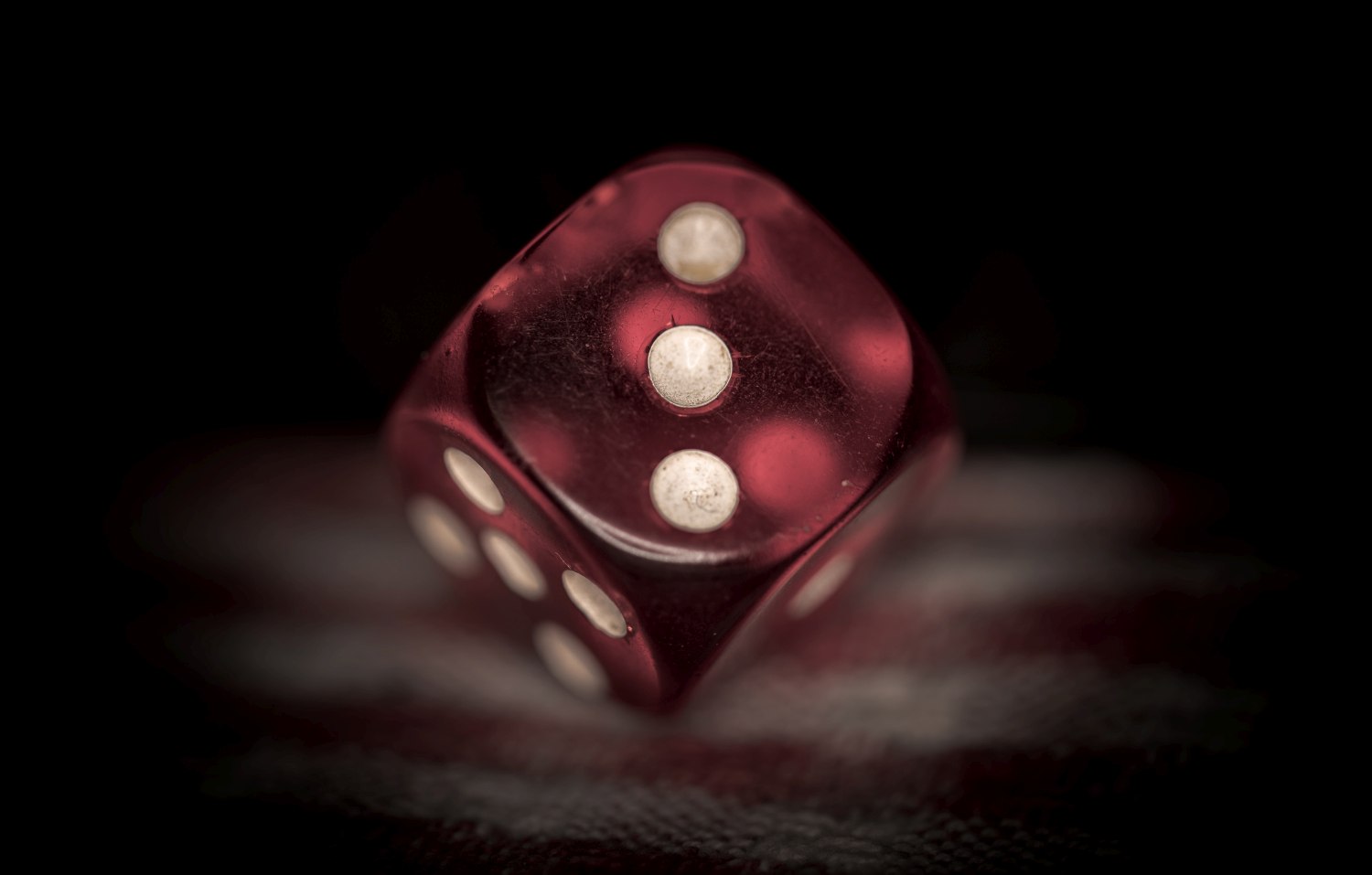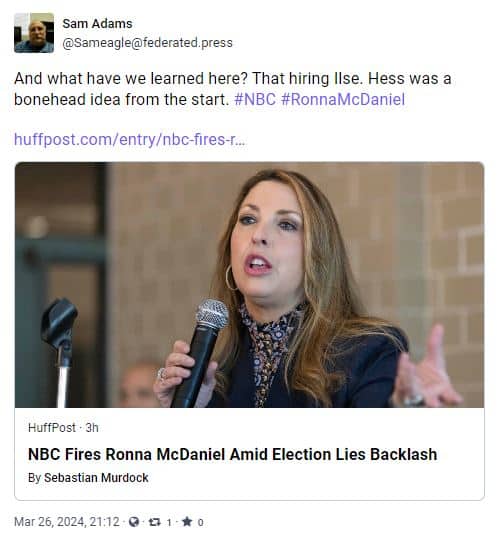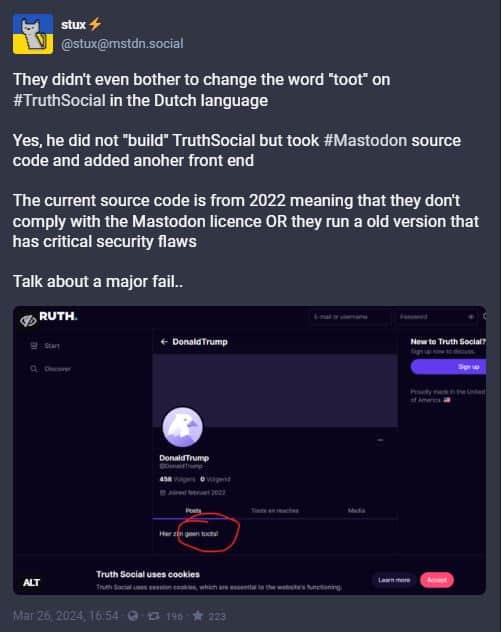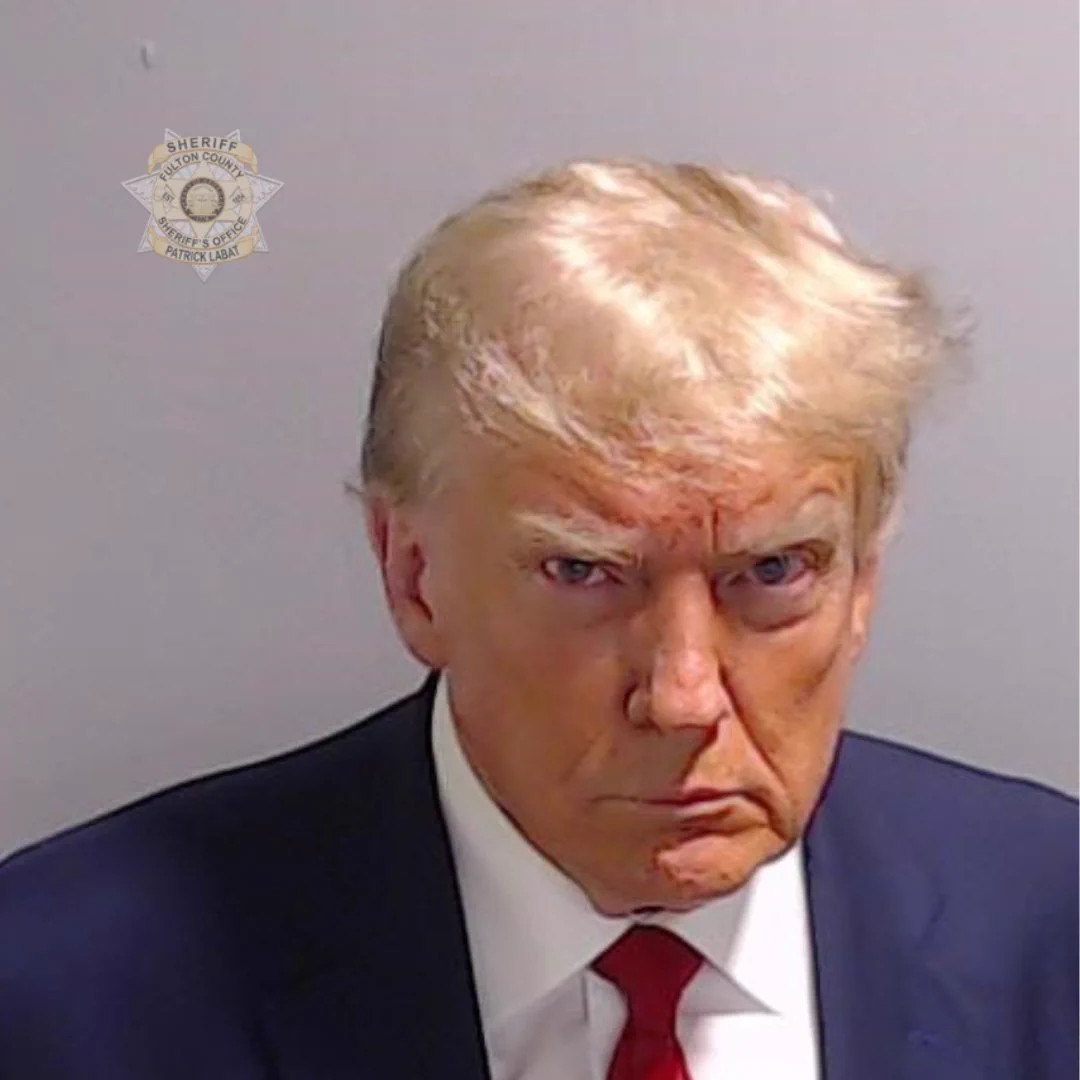Worse than Segretti: Judge Recommends John Eastman Be Disbarred
Close to the end of Yvette Roland’s recommendation that John Eastman be disbarred, she considered the argument from the Office of Chief Trial Counsel of the State Bar of California (OCTC) that Eastman’s actions were worse than those Donald Segretti committed for Richard Nixon.
For a number of reasons — Eastman’s violations were done in the function of an attorney, Eastman exhibited no remorse, he’s more experienced than Segretti was — she agreed that Eastman’s actions were worse, and on that basis, she recommended a stiffer penalty than the two year suspension Segretti got.
In Segretti, the attorney pleaded guilty to two federal offenses related to his work on
President Richard Nixon’s 1972 reelection campaign, including violating 18 U.S.C. section 612
(publication or distribution of political statements) and 18 U.S.C section 371 (conspiracy).
Among other things, Segretti distributed letters containing false accusations about other
candidates for president in order to create confusion among the candidates. The court found
Segretti’s actions involved moral turpitude as he “repeatedly committed acts of deceit designed to
subvert the free electoral process.” (Id. at p. 887.) Segretti had significant mitigation. He was
only 30 years old at the time of the misconduct and thought he was acting under the umbrella of
the White House. The court emphasized that Segretti’s misconduct “was not committed in his
capacity as an attorney” and that he recognized the wrongfulness of his acts, expressed regret,
and cooperated with the investigating agencies. (Id. at p. 888.) Segretti received a two-year
actual suspension.The scale and egregiousness of Eastman’s unethical actions far surpasses the misconduct
at issue in Segretti. Unlike Segretti whose offenses occurred outside his role as an attorney,
Eastman’s wrongdoing was committed directly in the course and scope of his representation of
President Trump and the Trump Campaign. This is an important factor, as it constitutes a
fundamental breach of an attorney’s core ethical duties. Additionally, while the Segretti court
found compelling mitigation based on his expressed remorse and recognition of his wrongdoing,
no such mitigating factor is present with Eastman. To the contrary, Eastman has exhibited an
unwillingness to acknowledge any ethical lapses regarding his actions, demonstrating an apparent inability to accept responsibility. This lack of remorse and accountability presents a
significant risk that Eastman may engage in further unethical conduct, compounding the threat to the public. Given the greater magnitude of Eastman’s transgressions compared to Segretti and
the heightened risk of future misconduct from his complete denial of wrongdoing, imposing
greater discipline than in Segretti is appropriate to protect the public and uphold public
confidence in the legal system.
To support that judgment, Roland went through each of eleven charges, finding that Eastman had dishonestly advised Mike Pence he could reject the electoral certifications, attempted to mislead two courts, and made public comments he knew or should have known to be false.
Roland did not find that the OCTC had proven that Eastman was responsible for the violence at the Capitol, actions that would be key to an obstruction charge under 18 USC 1512(c)(2) — though the Bar would not yet have access to much of the evidence that Jack Smith may one day present.
But Roland did find that the OCTC had proven that Eastman and Donald Trump conspired to disrupt the electoral count under 18 USC 371, parallel to count one of Trump’s indictment.
By contrast, OCTC has shown that Eastman conspired with President Trump to obstruct a
lawful function of the government of the United States; specifically, by conspiring to disrupt the
electoral count on January 6, 2021, in violation of 18 U.S.C. § 371. To prove a violation of
18 U.S.C. § 371, it must be established that: (1) at least two people entered into an agreement to
obstruct a lawful function of the government; (2) by deceitful or dishonest means; and (3) there
was at least one overt act in furtherance of the conspiracy. (See United States v. Meredith
(9th Cir. 2012) 685 F.3d 814, 822.) “An agreement to commit a crime ‘can be explicit or tacit,
and can be proved by direct or circumstantial evidence, including inferences from circumstantial
evidence.’” (United States v. Kaplan (9th Cir. 2016) 836 F.3d 1199, 1212.)The evidence clearly and convincingly proves that Eastman and President Trump entered
into an agreement to obstruct the Joint Session of Congress by unlawfully having Vice President
Pence reject or delay the counting of electoral votes on January 6, 2021.[snip]
Upon consideration of the totality of the facts, the court finds weighty circumstantial
evidence demonstrating a collaborative effort between Eastman and President Trump to impede
the counting of elector votes on January 6, 2021, as articulated in Eastman’s memos.
(See United States v. Kaplan, supra, 836 F.3d at p. 1212 [an agreement to commit a crime “‘can
be explicit or tacit, and can be proved by direct or circumstantial evidence’”].) There is also
extensive direct evidence demonstrating that each party involved in this plan actively
participated in overt acts through in person meetings, communications with Vice President Pence and his counsel, and in public remarks to advance their shared objective—i.e., to have Vice
President Pence reject or delay the counting of electoral votes on January 6. Furthermore, the
court has previously determined, in the aforementioned counts, that Eastman’s actions were
carried out with deceit or dishonesty, as he was aware that his plan was unlawful and lacked any
factual or legal support. Here, all elements of 18 U.S.C. § 371 are established.
Based on this evidence, the court finds that OCTC has met its burden of showing by clear
and convincing evidence that Eastman violated section 6068, subdivision (a), by violating
18 U.S.C § 371 as charged in count one.
Eastman says he will appeal — in part, because he needs to work as a lawyer to pay lawyers to defend him in his Georgia prosecution.
As of now, however, he is provisionally stripped of his ability to practice as a lawyer.

